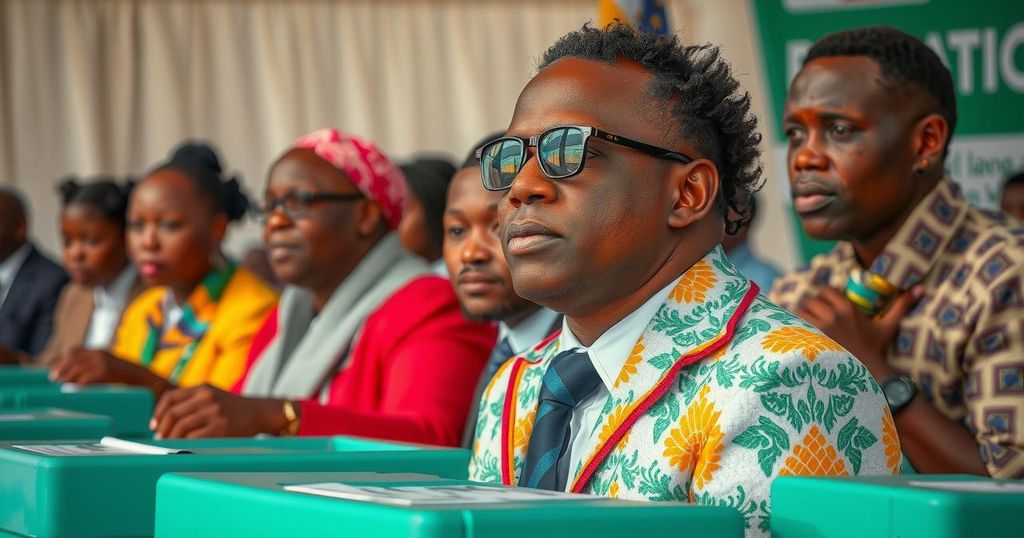The 2024 elections in Southern Africa saw significant political shifts as entrenched liberation parties lost power amidst growing voter discontent, particularly among younger populations who prioritize government performance over historical affiliations. Major changes unfolded in Botswana, South Africa, and Namibia, signaling a critical reevaluation of political dynamics in the region as citizens demand accountability and economic opportunities.
In 2024, elections across Southern Africa marked significant political shifts, indicating a move away from long-standing liberation parties. In Botswana, the ruling Botswana Democratic Party lost power for the first time since the country’s independence in 1966, primarily attributed to economic struggles and high youth unemployment. Similarly, in South Africa, the African National Congress experienced its first decline in majority support since the end of apartheid, resulting in a coalition government. Namibia’s SWAPO party narrowly retained power but saw diminished parliamentary representation, highlighting growing voter discontent. The younger demographic, lacking personal memories of colonialism, is increasingly prioritizing governmental performance over historical legacies, underscoring a broader trend of disillusionment with traditional ruling parties. Political experts note the importance of generational change, as young voters demand economic opportunities and accountable governance. Protests following elections, particularly in Mozambique and Comoros, reflect rising unrest and the demand for responsive leadership, signaling that democratic processes are under strain even in relatively stable regions. This election cycle represents a critical juncture for Southern African politics, as citizens seek to redefine the political landscape amid economic and social challenges.
The political landscape in Southern Africa is undergoing substantial changes as election results from 2024 reveal emerging patterns of voter sentiment and shifting allegiances among younger populations. Historically, many nations in this region were governed by liberation parties that fought against colonial rule. However, the enduring challenges, such as economic difficulties and high youth unemployment, have led to a reevaluation of these parties’ effectiveness in meeting contemporary needs. Consequently, younger voters, who have no memories of colonialism, exhibit a desire for practical solutions rather than nostalgic adherence to past leadership. Observations from political experts suggest significant repercussions for traditional ruling entities as citizens express their demands for job creation and accountability in governance.
The electoral outcomes in Southern Africa during 2024 underscore a transformative moment in the region’s political framework, with liberation parties grappling to maintain their hold on power amid growing youth discontent and demands for better governance. The shift in voter demographics coupled with declining allegiance to long-standing parties reflects a broader trend seeking accountability over legacy. As rising protests indicate, there is an urgent need for governments in this region to address the aspirations of young citizens to avert further unrest and disillusionment with democratic processes.
Original Source: apnews.com






